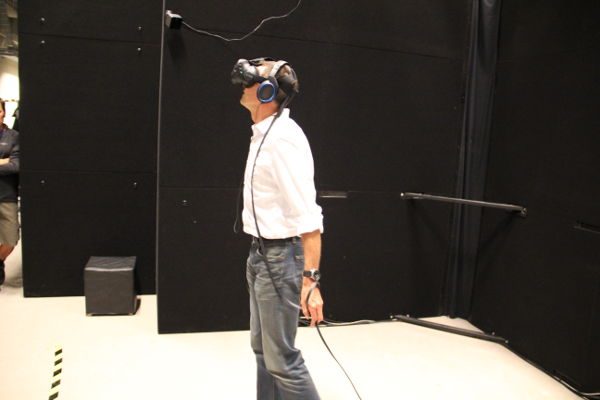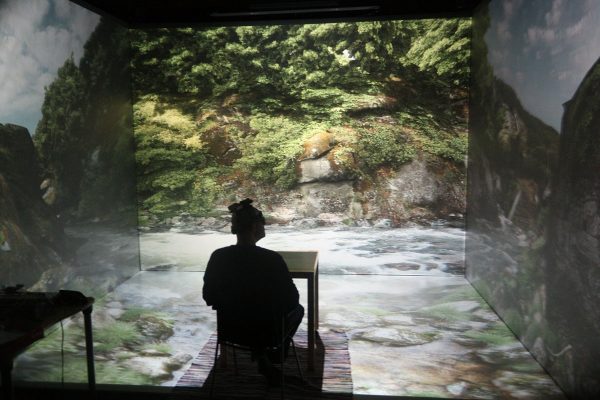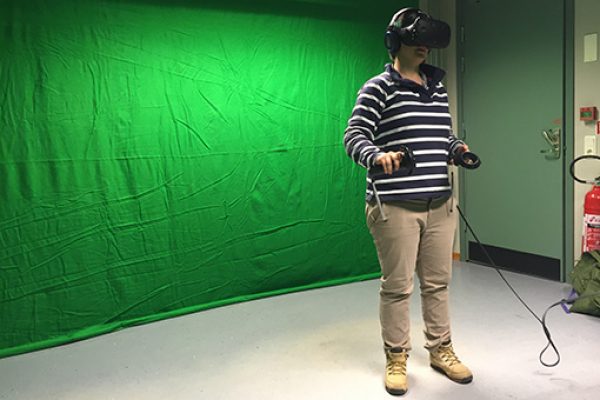BlueHealth researchers have published the results of their study looking at the acceptability of virtual reality (VR) natural environments among people with memory loss.
The research was conducted in memory cafes, which are welcoming places at which individuals with Alzheimer’s Disease, or other forms of dementia, can participate in social, fun and educational activities. The study aimed to find out not only how acceptable the memory cafe users found the experience, but also looked at how carers and staff perceived this use of VR technology.
Ten adult users with memory loss participated in this qualitative study, together with eight carers and six volunteer staff members, all of whom were recruited from two memory cafes in Cornwall, UK. A total of nineteen VR sessions were held, and audio of these events – and subsequent interviews – was recorded for analysis. Patterns and themes in the data were identified using framework analysis, a systematic and flexible method suited to collecting data from such recordings.
The majority of participants responded positively to the VR nature scenes, finding them soothing and able to evoke memories. They felt immersed in nature and saw the VR session as an opportunity to ‘go somewhere’. However, for some participants the experience was not entirely positive and found it ‘strange’.
On the basis of their detailed analyses, the researchers concludedthat VR nature experiences represent an opportunity for adults experiencing memory loss and offer the potential to enhance their quality of life.







